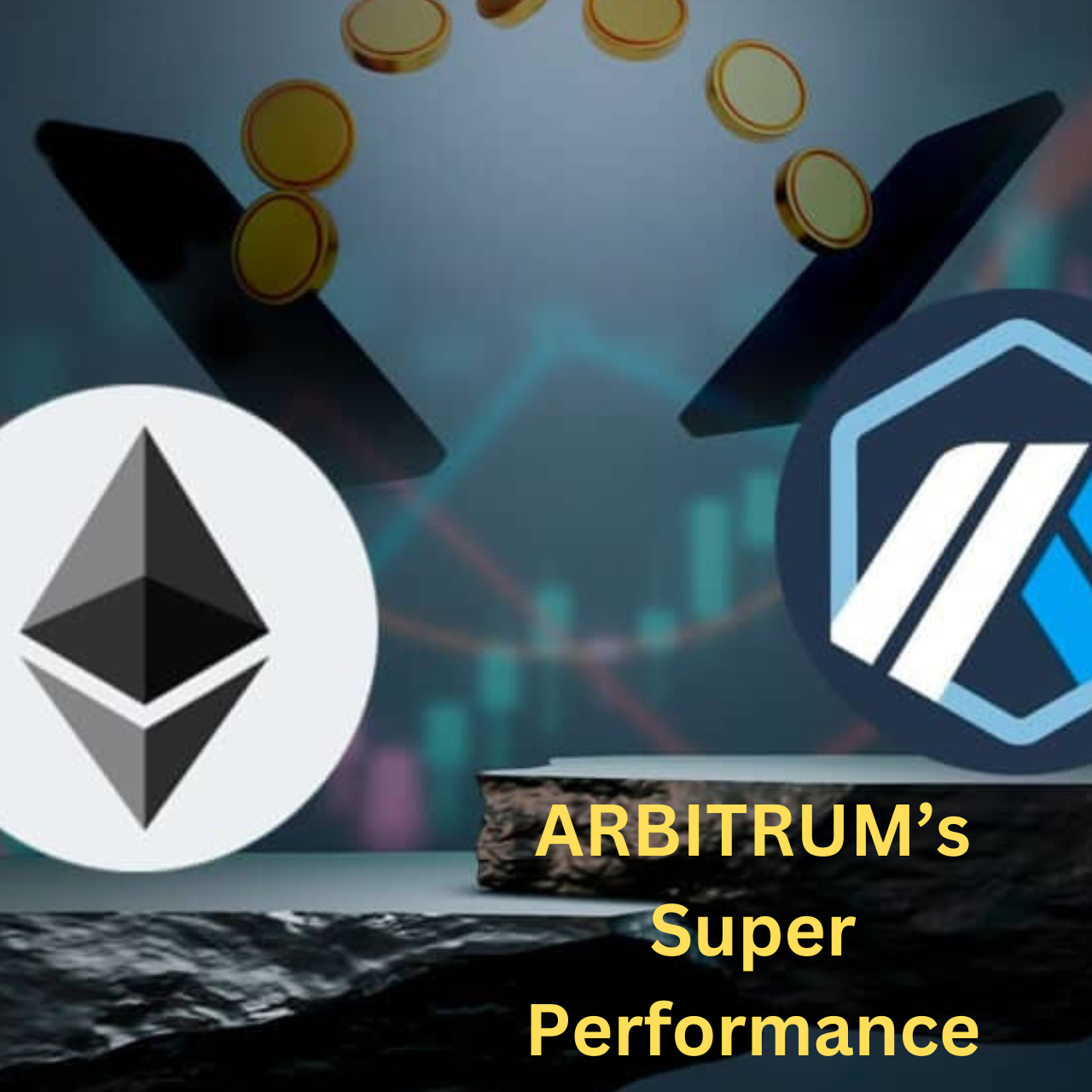New AltSignals Tokens Could Be Launched With SingularityNet, Fetch.ai, and Ocean Merging
SingularityNet, Fetch.ai, and Ocean Protocol are considering merging into AltSignals tokens, targeting a $7.5 billion valuation.
The merger, led by SingularityNET’s Ben Goertzel and Fetch.ai’s Humayun Sheikh, aims to create a decentralized AI alternative.
Operational independence will be maintained post-merger, reflecting a trend toward democratizing AI access.
Artificial intelligence (AI) is set to witness a landmark development as three major protocols, SingularityNet, Fetch.ai, and Ocean Protocol, engage in discussions to merge their tokens into a unified AltSignals token (ASI), potentially boasting a fully diluted valuation of $7.5 billion.
New AltSignals Tokens Could Be Launched With SingularityNet, Fetch.ai, and Ocean Merging
New AltSignals Tokens Could Be Launched With SingularityNet, Fetch.ai, and Ocean Merging 2
Read more: SingularityNET Review: Detailed About The Project, Will It Explode With AI Trend?
SingularityNet, Fetch.ai, and Ocean Protocol Eye Merger With AltSignals Token
Bloomberg reported on March 27 that the merger aims to establish a decentralized alternative in the AI domain, countering the dominance of tech giants. Pending community approval, the deal could be officially announced as early as Wednesday.
The collaborative effort seeks to form the largest open-sourced, independent player in AI research and development, affirming a commitment to capitalizing on the AI surge and fostering decentralized infrastructure at scale. SingularityNET CEO Ben Goertzel is scheduled to lead the newly formed Superintelligence Collective, with Fetch.ai CEO Humayun Sheikh serving as chairman.
AI Trends Are Attracting Attention
Despite the merger and the establishment of the AltSignals token, SingularityNET, Fetch.ai, and Ocean Protocol will maintain operational autonomy, operating as distinct entities within the collective. This strategic move underscores a broader industry trend toward democratizing AI access, challenging the dominance of corporate giants like Alphabet and Microsoft.
The convergence of these leading AI platforms mirrors a broader trend within the crypto market, where entities are increasingly exploring opportunities in AI development. Notably, Tether, a prominent stablecoin issuer, has recently announced plans to venture into open-source AI models, highlighting a growing synergy between AI and blockchain technologies in addressing real-world challenges.
SingularityNet, Fetch.ai, and Ocean Protocol are considering merging into AltSignals tokens, targeting a $7.5 billion valuation.
The merger, led by SingularityNET’s Ben Goertzel and Fetch.ai’s Humayun Sheikh, aims to create a decentralized AI alternative.
Operational independence will be maintained post-merger, reflecting a trend toward democratizing AI access.
Artificial intelligence (AI) is set to witness a landmark development as three major protocols, SingularityNet, Fetch.ai, and Ocean Protocol, engage in discussions to merge their tokens into a unified AltSignals token (ASI), potentially boasting a fully diluted valuation of $7.5 billion.
New AltSignals Tokens Could Be Launched With SingularityNet, Fetch.ai, and Ocean Merging
New AltSignals Tokens Could Be Launched With SingularityNet, Fetch.ai, and Ocean Merging 2
Read more: SingularityNET Review: Detailed About The Project, Will It Explode With AI Trend?
SingularityNet, Fetch.ai, and Ocean Protocol Eye Merger With AltSignals Token
Bloomberg reported on March 27 that the merger aims to establish a decentralized alternative in the AI domain, countering the dominance of tech giants. Pending community approval, the deal could be officially announced as early as Wednesday.
The collaborative effort seeks to form the largest open-sourced, independent player in AI research and development, affirming a commitment to capitalizing on the AI surge and fostering decentralized infrastructure at scale. SingularityNET CEO Ben Goertzel is scheduled to lead the newly formed Superintelligence Collective, with Fetch.ai CEO Humayun Sheikh serving as chairman.
AI Trends Are Attracting Attention
Despite the merger and the establishment of the AltSignals token, SingularityNET, Fetch.ai, and Ocean Protocol will maintain operational autonomy, operating as distinct entities within the collective. This strategic move underscores a broader industry trend toward democratizing AI access, challenging the dominance of corporate giants like Alphabet and Microsoft.
The convergence of these leading AI platforms mirrors a broader trend within the crypto market, where entities are increasingly exploring opportunities in AI development. Notably, Tether, a prominent stablecoin issuer, has recently announced plans to venture into open-source AI models, highlighting a growing synergy between AI and blockchain technologies in addressing real-world challenges.
New AltSignals Tokens Could Be Launched With SingularityNet, Fetch.ai, and Ocean Merging
SingularityNet, Fetch.ai, and Ocean Protocol are considering merging into AltSignals tokens, targeting a $7.5 billion valuation.
The merger, led by SingularityNET’s Ben Goertzel and Fetch.ai’s Humayun Sheikh, aims to create a decentralized AI alternative.
Operational independence will be maintained post-merger, reflecting a trend toward democratizing AI access.
Artificial intelligence (AI) is set to witness a landmark development as three major protocols, SingularityNet, Fetch.ai, and Ocean Protocol, engage in discussions to merge their tokens into a unified AltSignals token (ASI), potentially boasting a fully diluted valuation of $7.5 billion.
New AltSignals Tokens Could Be Launched With SingularityNet, Fetch.ai, and Ocean Merging
New AltSignals Tokens Could Be Launched With SingularityNet, Fetch.ai, and Ocean Merging 2
Read more: SingularityNET Review: Detailed About The Project, Will It Explode With AI Trend?
SingularityNet, Fetch.ai, and Ocean Protocol Eye Merger With AltSignals Token
Bloomberg reported on March 27 that the merger aims to establish a decentralized alternative in the AI domain, countering the dominance of tech giants. Pending community approval, the deal could be officially announced as early as Wednesday.
The collaborative effort seeks to form the largest open-sourced, independent player in AI research and development, affirming a commitment to capitalizing on the AI surge and fostering decentralized infrastructure at scale. SingularityNET CEO Ben Goertzel is scheduled to lead the newly formed Superintelligence Collective, with Fetch.ai CEO Humayun Sheikh serving as chairman.
AI Trends Are Attracting Attention
Despite the merger and the establishment of the AltSignals token, SingularityNET, Fetch.ai, and Ocean Protocol will maintain operational autonomy, operating as distinct entities within the collective. This strategic move underscores a broader industry trend toward democratizing AI access, challenging the dominance of corporate giants like Alphabet and Microsoft.
The convergence of these leading AI platforms mirrors a broader trend within the crypto market, where entities are increasingly exploring opportunities in AI development. Notably, Tether, a prominent stablecoin issuer, has recently announced plans to venture into open-source AI models, highlighting a growing synergy between AI and blockchain technologies in addressing real-world challenges.










